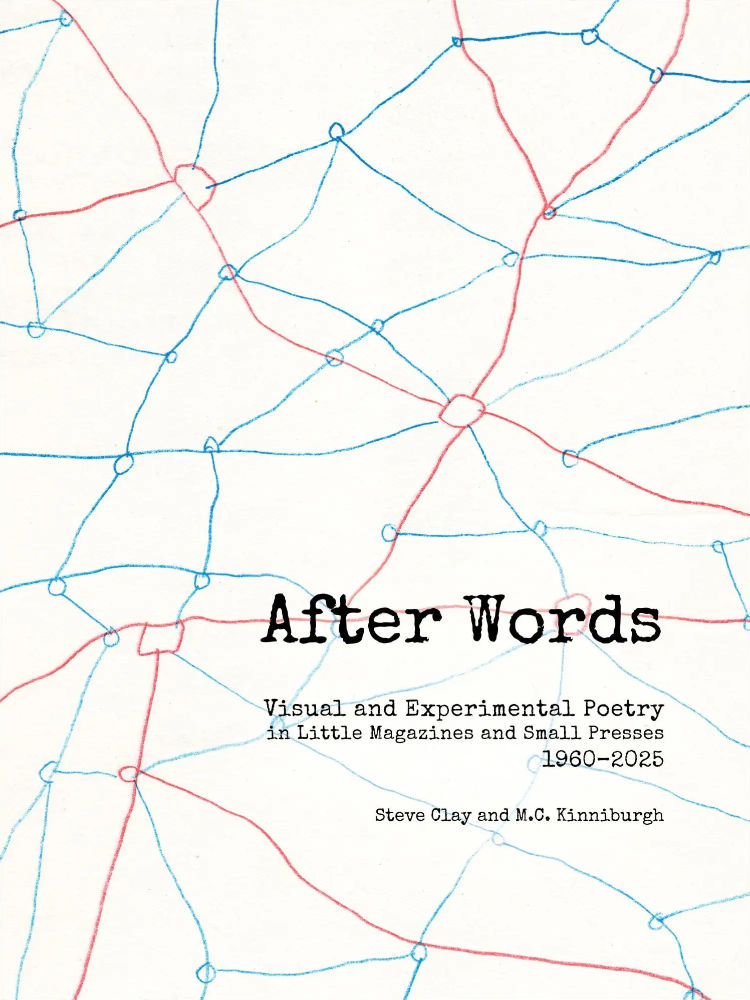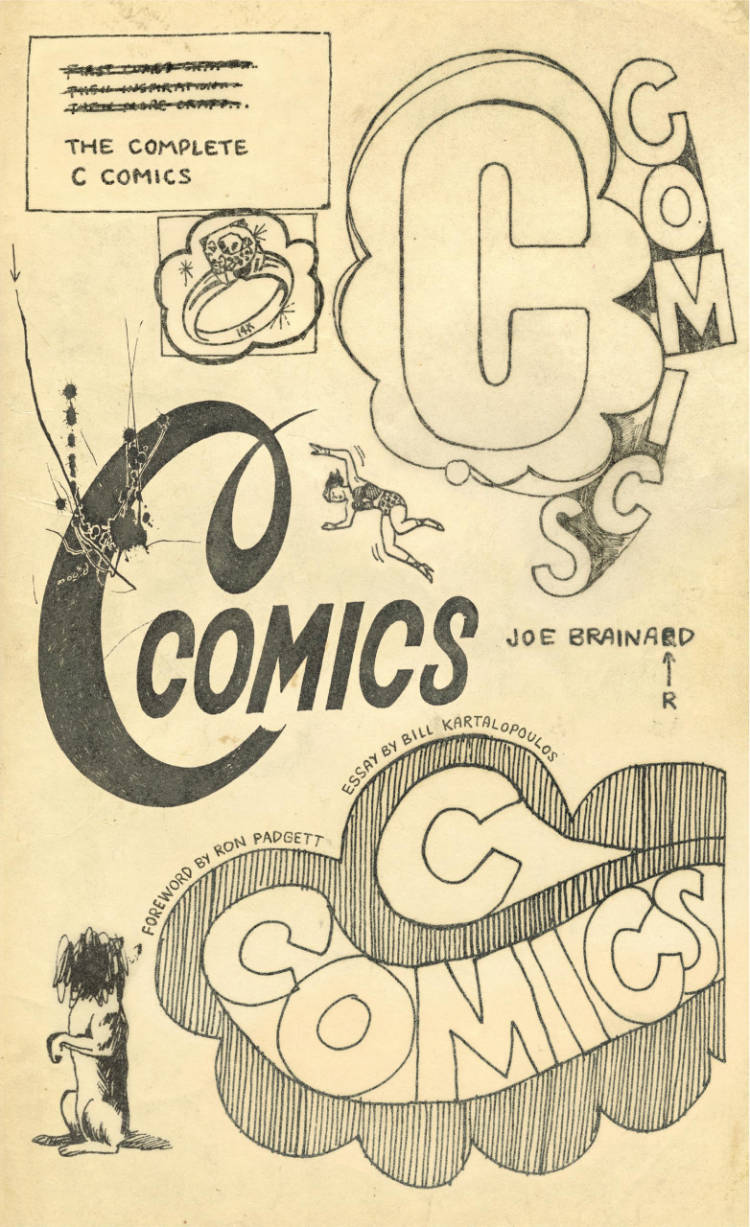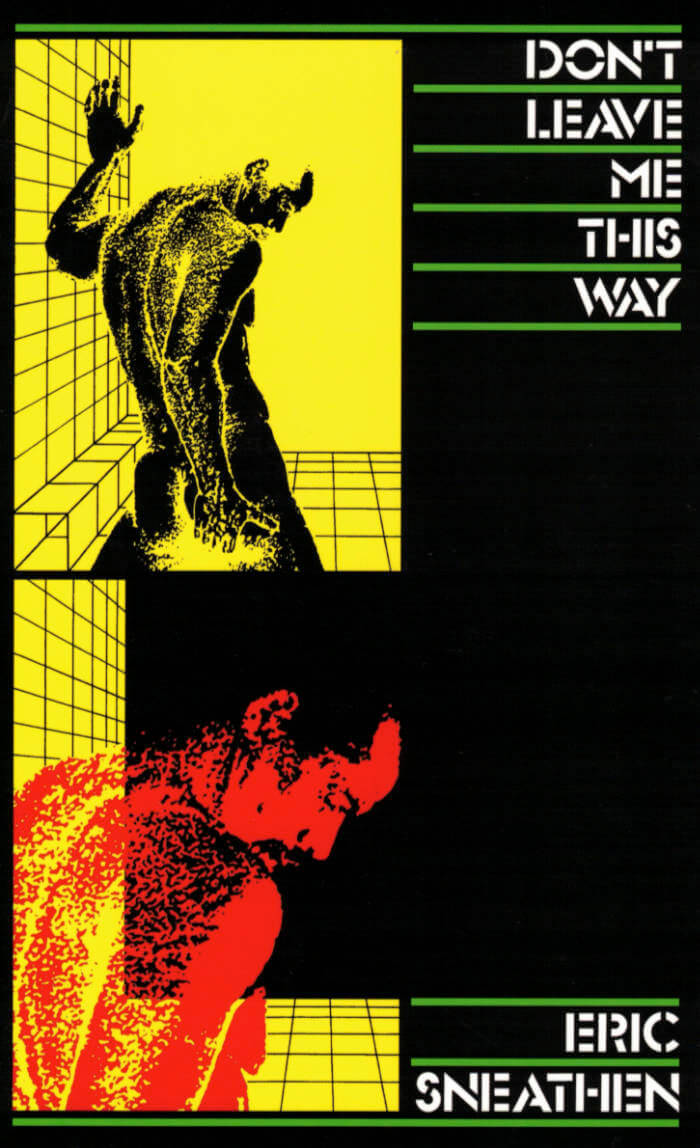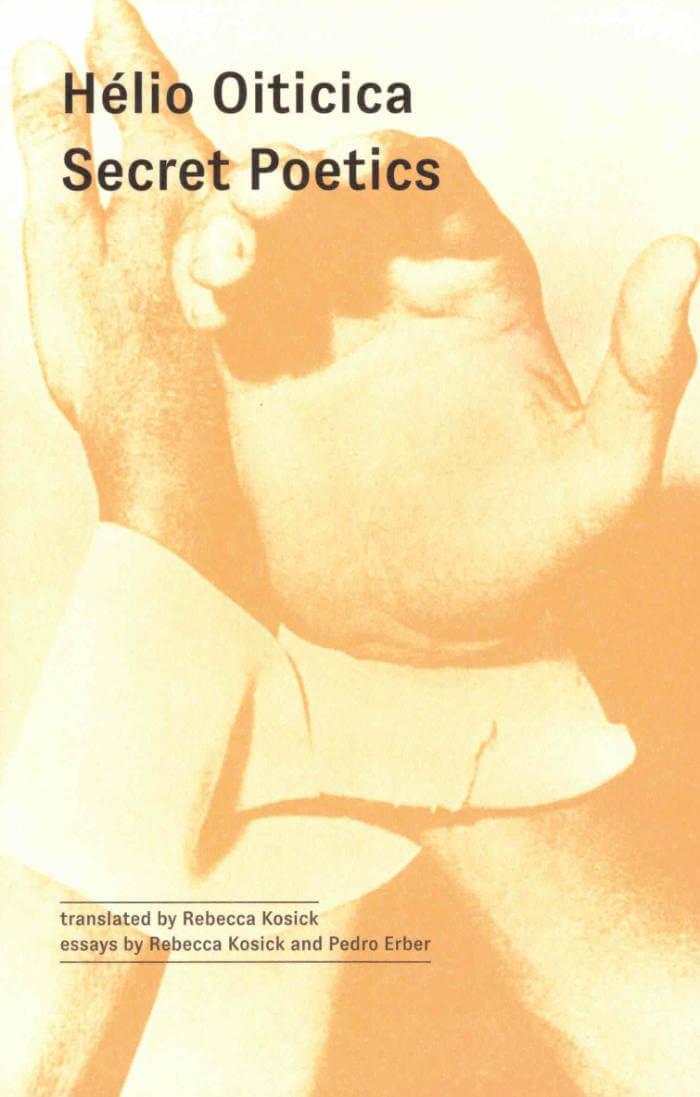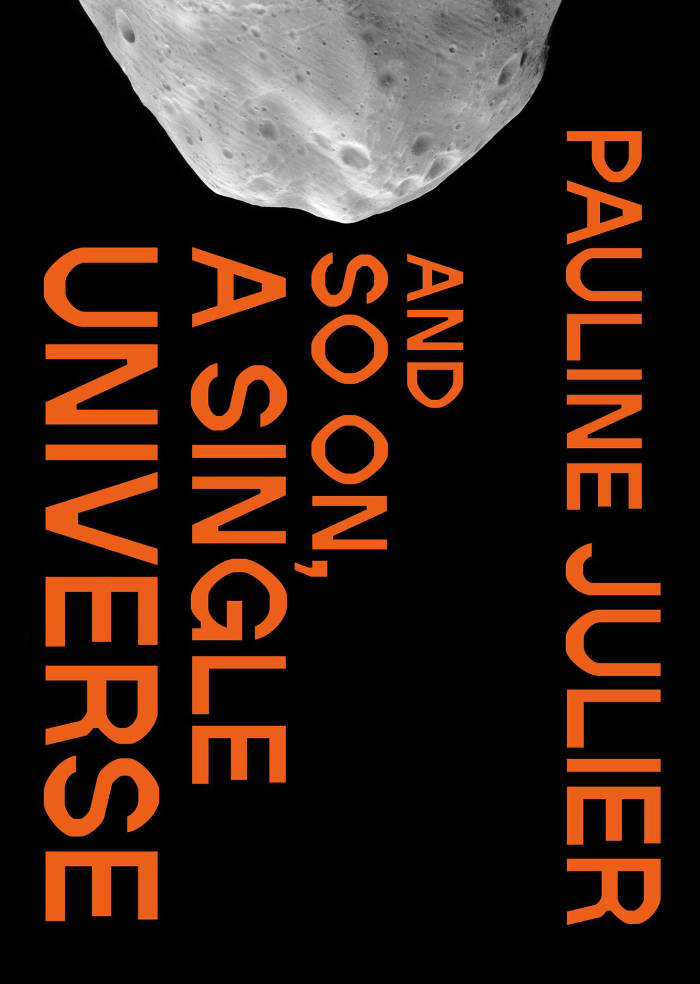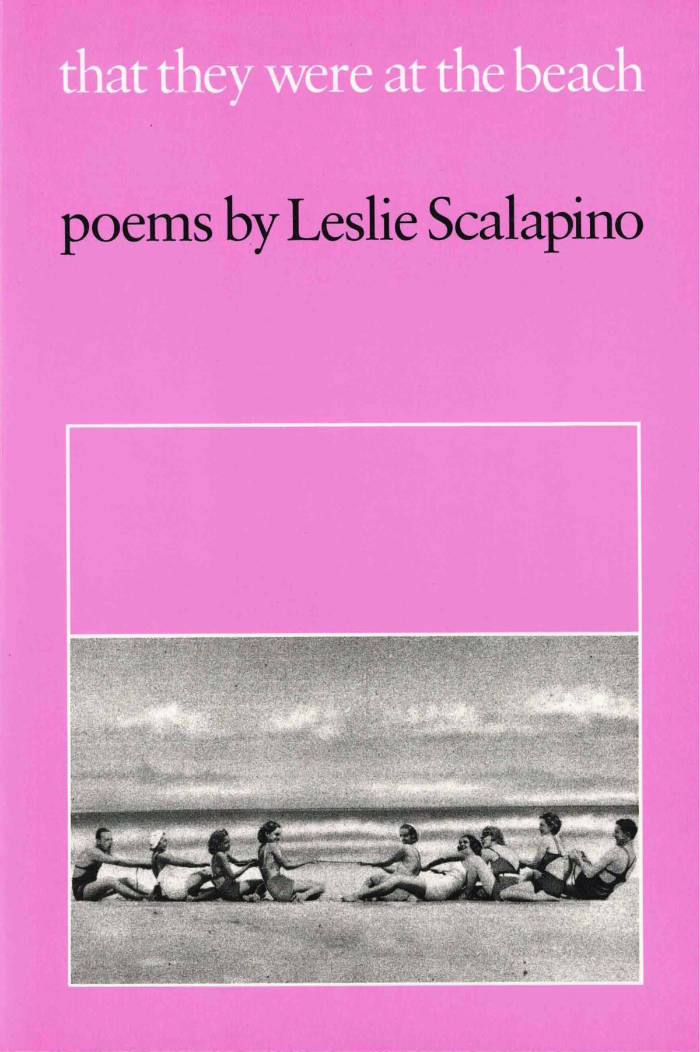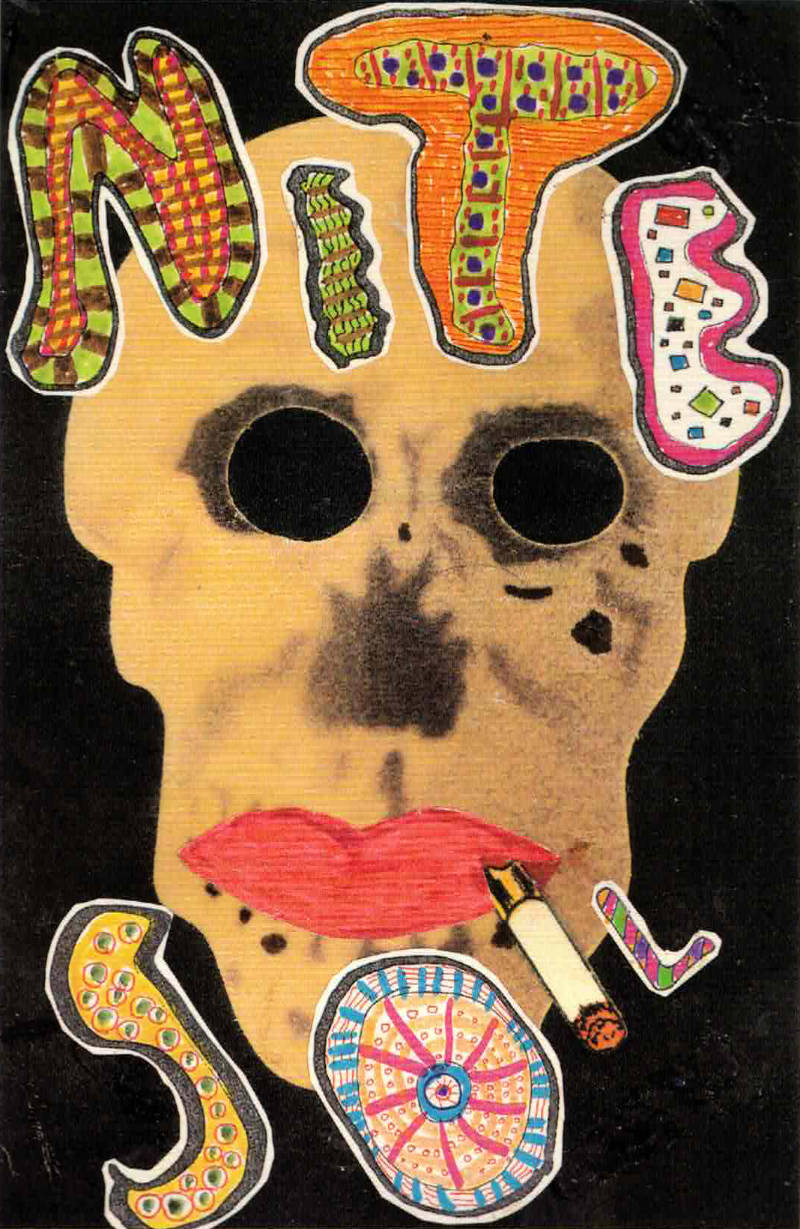
Nite Soil
Kenward Elmslie’s way with words cuts a singular path through a polymath variety of forms. Jukebox hitlet sung by Nat King Cole. Ahead-of-their-time lingo works: The Champ, poem, City Junket, play. Balloons for Cartoons by Joe Brainard. Puréed anthropological tales of fantasy drinking establishments: 26 Bars. Quirky surreal poetry mosaics (Routine Disruptions) that prompted Michael Silverblatt, host of NPR’s "Book Worm" program to finger Kenward as “Hands down, my favorite contemporary poet.” Elmslie’s verbal swath includes The Grass Harp (Broadway cult-fave musical) and annum 2000, Postcards on Parade, composed by Steven Taylor, a concept musical that deconstructs musicals. Plus Cyberspace, tech poem enhanced by Trevor Winkfield visuals. The wrap: Nite Soil introduces Kenward, poet of dense stanzas, to Elmslie, outed collagist of resonant icons in a smartly packaged collection of 41 full-color postcards.
41 full-color postcards in a folding card cover. Printed offset in an edition of 3000 of which 26 copies are lettered and signed by the artist, each with a unique handmade collage by Kenward Elmslie. The limited edition of 26 is out-of-print; the regular edition is available, as new.

